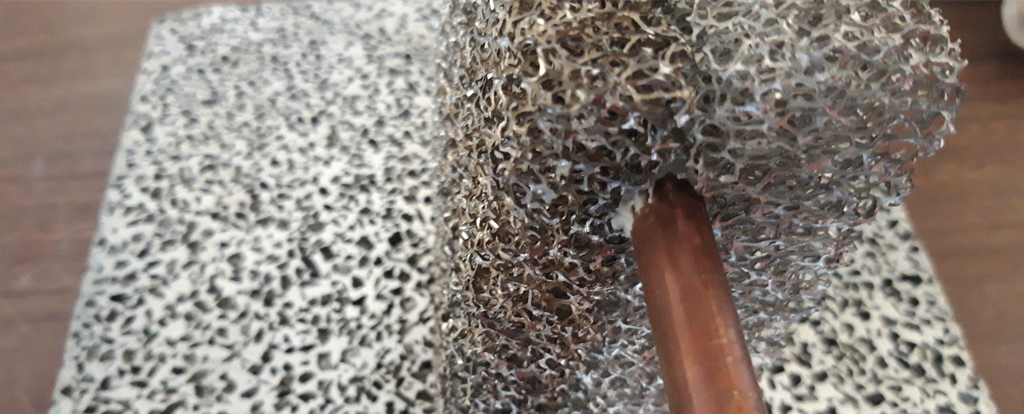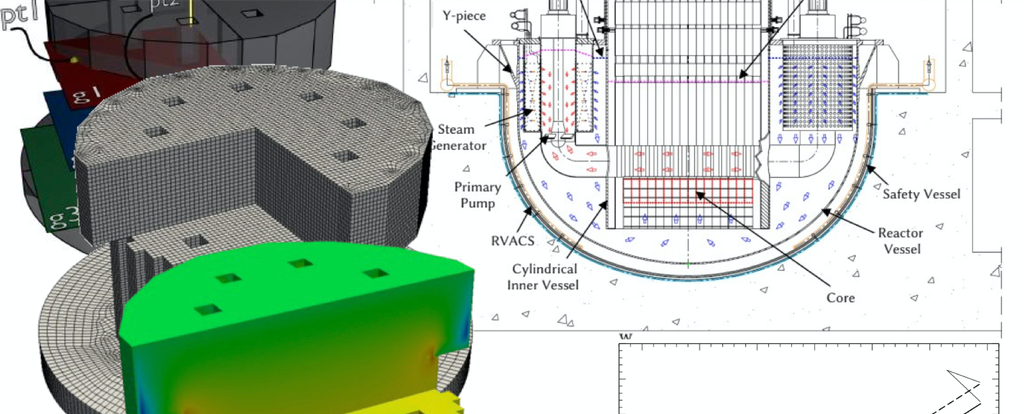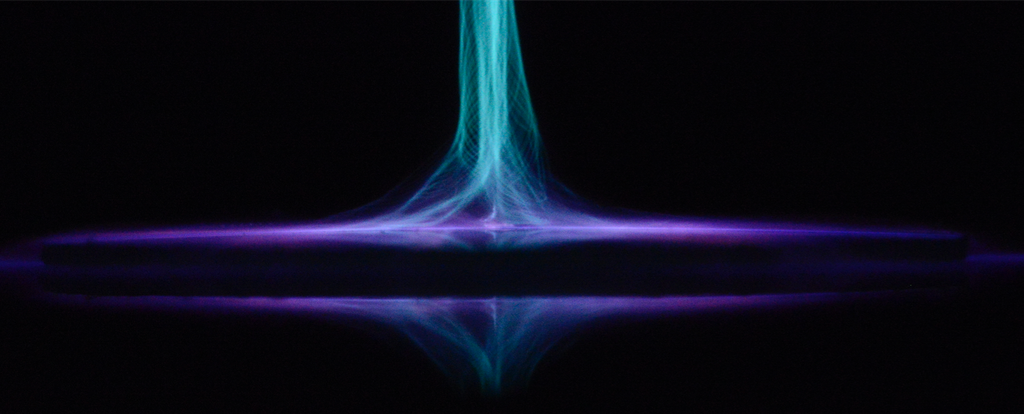- Home
-
RESEARCH
Apri sottomenù
- OBJECTIVES of DIMSAI PHD PROGRAMME
- CURRICULUM 1 - Engineering and Industrial Design, Machine Construction, Metallurgy, and Manufacturing Technologies
- CURRICULUM 2 - Fluid Machinery, Energy Systems, Mechanics of Machines and Industrial Mechanical Plants
- CURRICULUM 3 - Thermal Physics, HVAC Systems, Acoustics, Nuclear Technologies and Industrial Applications of Plasmas
- ORGANIZATION/PEOPLE Apri sottomenù
- CAREER Apri sottomenù
- COURSES PLAN
- EVENTS/COURSES AGENDA
- Admission
- Partners
- INVEST IN DIMSAI
- Contacts
CURRICULUM 3 - Thermal Physics, HVAC Systems, Acoustics, Nuclear Technologies and Industrial Applications of Plasmas
The curriculum encompasses various cultural areas, ranging from Thermo-fluid Dynamics to Industrial and Environmental Technical Physics, from Nuclear Reactor Physics to Nuclear Plants and Plasma Technologies.
- For the cultural area of Thermo-fluid Dynamics, the curriculum studies topics related to heat transfer and convection theory. The main research topics are the thermal analysis of porous media, thermo-fluid dynamic analysis of single-phase and two-phase flows, both internal and external, in micrometric devices (microfluidics) and conventional systems.
- For the cultural areas of Industrial and Environmental Technical Physics, the main research topics include: Thermotechnics and civil technical plants, Heat exchangers and recuperators, Renewable energy-based air conditioning systems, Environmental acoustics, Building acoustics, Architectural acoustics, Sound-absorbing materials and systems, Noise control techniques, Acoustic signal processing, Lighting technology, Building energy efficiency.
- For the cultural area of Nuclear Reactor Physics, the main research topics include Radioprotection, Neutron and particle transport modeling, Applications of nuclear technologies in the medical, industrial, and cultural heritage fields.
- For the cultural area of Nuclear Plants, the main research topics include Nuclear plant design, Safety and risk analysis, Direct numerical simulation (DNS) of two-phase flows, Development and validation of advanced computational platforms, Thermohydraulics of advanced nuclear reactors.
- For the cultural area of Plasma Technologies, the main research topics include Applications of cold plasmas in biomedical and agri-food sectors, thin film deposition, Modeling and diagnostics of plasma systems, Calculation of thermodynamic and transport constants of plasmas.



